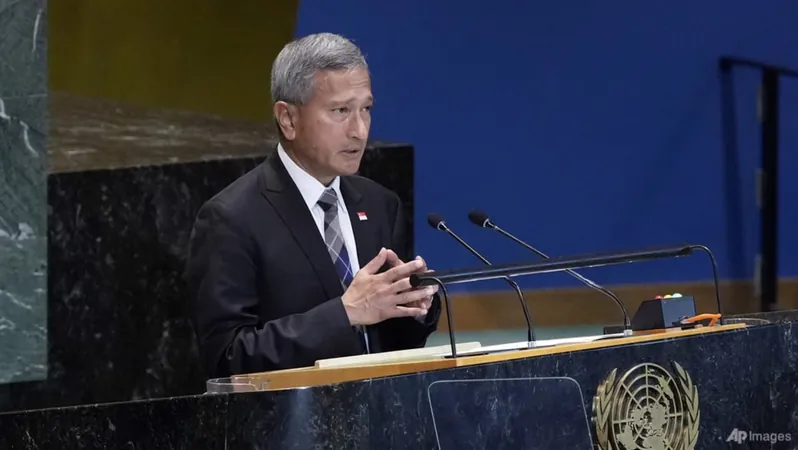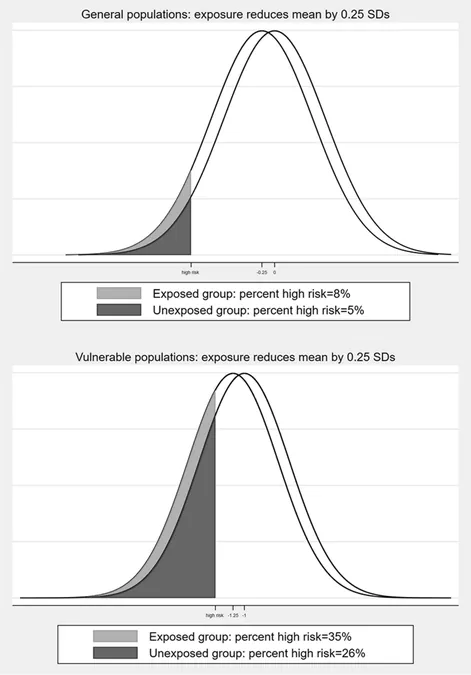
Singapore Urges Action: Limit UN Security Council Vetoes to Preserve Global Peace
2024-09-26
Singapore's Call for Reform in the UN Security Council
In a bold move at the United Nations Security Council's open debate on September 25, Singapore's Foreign Affairs Minister, Vivian Balakrishnan, called for critical reforms aimed at constraining the use of vetoes by the five permanent member states: China, France, Russia, the United Kingdom, and the United States.
Highlighting the perilous state of global affairs, Dr. Balakrishnan stated that civilians in various conflict zones are suffering immensely and emphasized that the UN has reached an “inflection point,” necessitating a reevaluation of multilateral and UN institutions. “We need to reform multilateral frameworks to tackle both immediate and future crises, including an overhaul of the Security Council,” he asserted.
Urgency of Action
With the ongoing 79th session of the UN General Assembly taking place from September 19 to 28, Dr. Balakrishnan articulated the urgent need for the permanent members to “focus on the broader goal of delivering international peace and security.” He criticized the trend of increasing vetoes as a deterrent to fulfilling the council's mandate, stating, “We cannot leave this to the permanent five to voluntarily change their behavior.”
Empowering Non-Permanent Members
Beyond the permanent members, the Security Council includes 10 non-permanent members elected for two-year terms. Currently, these members are Algeria, Ecuador, Guyana, Japan, Malta, Mozambique, South Korea, Sierra Leone, Slovenia, and Switzerland. Dr. Balakrishnan advocated for empowering these elected members, asserting, “They play a crucial bridging role when the permanent five are entrenched in mutual distrust.”
Preemptive Measures in Conflict Prevention
The Foreign Minister also stressed the importance of preemptive measures in conflict prevention. He suggested fostering collaboration across the UN's main organs to facilitate timely responses to crises through tools such as Article 99 of the UN Charter, which allows the Secretary-General to alert the Security Council to threats to international peace. He noted that this mechanism was invoked by UN Secretary-General Antonio Guterres in December for a humanitarian ceasefire in Gaza, marking a significant use of the article since 2017.
Background of Singapore's Advocacy
Singapore's advocacy for limiting veto power is not new; in March 2024, Singapore’s Permanent Representative to the UN, Burhan Gafoor, claimed that the council's effectiveness had sharply declined over the past year, observing a staggering 12 vetoes since a resolution to limit vetoes was adopted in April 2022. Mr. Gafoor reinforced Singapore’s support for a French-Mexican initiative aimed at curbing the veto in situations involving mass atrocity crimes, urging that any member involved in a conflict should abstain from voting.
French President's Support
French President Emmanuel Macron echoed these sentiments at the General Assembly, calling for reforms that address not just the structure but also the operational procedures of the Security Council to limit veto use in instances of mass killings.
Call for Meaningful Action
As global tensions simmer and humanitarian crises escalate, the call for reforming the UN Security Council and constraining the veto power has never been more critical. Will this be the turning point in ensuring that the council can effectively promote peace and stability around the world? What remains to be seen is whether the call for reform will translate into meaningful action on the international stage.



 Brasil (PT)
Brasil (PT)
 Canada (EN)
Canada (EN)
 Chile (ES)
Chile (ES)
 España (ES)
España (ES)
 France (FR)
France (FR)
 Hong Kong (EN)
Hong Kong (EN)
 Italia (IT)
Italia (IT)
 日本 (JA)
日本 (JA)
 Magyarország (HU)
Magyarország (HU)
 Norge (NO)
Norge (NO)
 Polska (PL)
Polska (PL)
 Schweiz (DE)
Schweiz (DE)
 Singapore (EN)
Singapore (EN)
 Sverige (SV)
Sverige (SV)
 Suomi (FI)
Suomi (FI)
 Türkiye (TR)
Türkiye (TR)